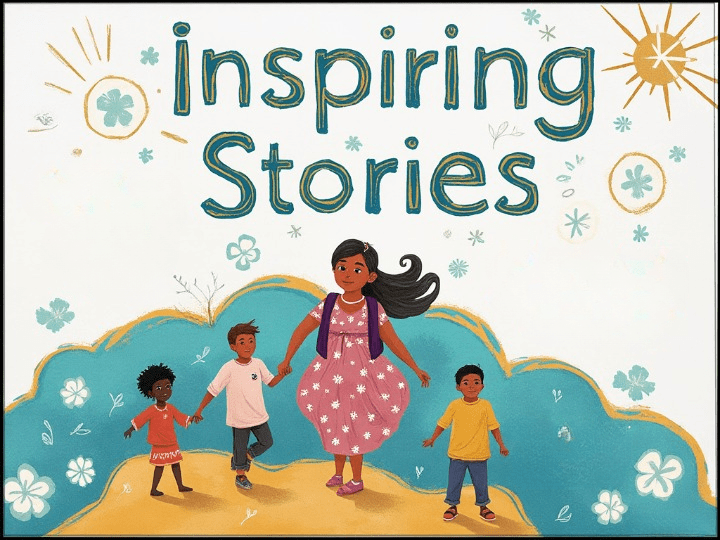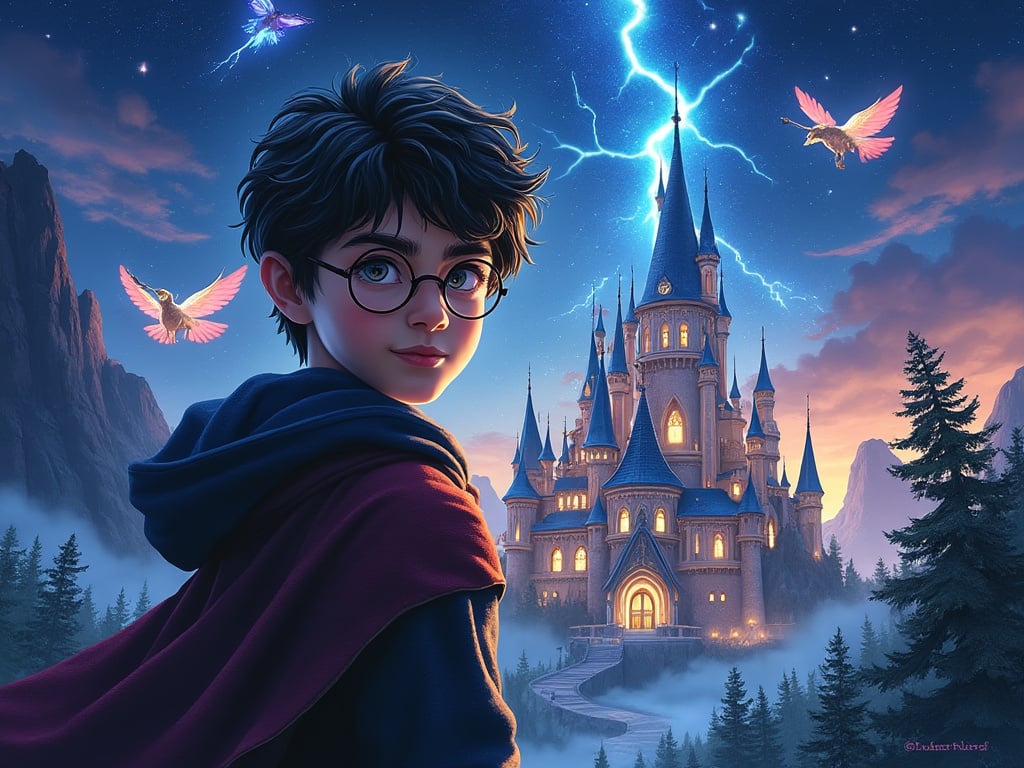Introduction to Timeless Literature
When we ponder “What Makes a Classic Book Truly Timeless?” we explore stories that have transcended mere entertainment. These books have become cultural touchstones. They entertain while provoking thought, challenging societal norms, and reflecting human experiences that resonate across generations. Charles Dickens explores social issues, and Jane Austen critiques social mores in her works. George Orwell warns about totalitarianism, while J.R.R. Tolkien creates epic fantasy worlds. What keeps these works relevant in an ever-evolving world? This question helps us understand literature. It also reveals how stories shape our understanding of life itself.

Universal Themes
Classic literature often encapsulates universal themes that are timeless because they deal with the core of what it means to be human:
- Love and Sacrifice: Consider Shakespeare’s “Romeo and Juliet,” where love transcends familial hatred, or Charlotte Brontë’s “Jane Eyre,” where love is tested by moral and social barriers. These stories explore love not just as a feeling but as a force for profound personal transformation and sacrifice.
- Struggle Against Oppression: Harper Lee’s “To Kill a Mockingbird” addresses racial injustice through the eyes of a child, making moral lessons accessible and poignant. George Orwell’s “1984” warns of the dangers of totalitarian control, a theme that echoes in discussions of surveillance and privacy in our digital age. These narratives speak to the ongoing human struggle for freedom and justice.
- The Quest for Identity:
Rich, Complex Characters
The characters in classic literature are so deeply crafted that they transcend their narratives to become cultural icons.
- Moral Complexity: Heathcliff in Emily Brontë’s Wuthering Heights is both a villain and a victim. His love for Catherine Earnshaw drives the story into dark, passionate depths. Similarly, F. Scott Fitzgerald’s Jay Gatsby in The Great Gatsby embodies the allure and tragedy of the American Dream. These characters show that people are not simply good or evil but woven with human contradictions.
- Archetypes and Growth: Characters like Elizabeth Bennet in Pride and Prejudice begin with preconceived notions and evolve throughout the story. Their growth provides a template for introspection that resonates with readers. These characters often represent archetypes like the hero, mentor, or lover, yet their growth feels personal and real.
Narrative Style and Language
The narrative style and language in classic books often have a quality that transcends time:
- Prose That Resonates: Herman Melville’s “Moby-Dick” uses language to delve into themes of obsession and the nature of man versus nature, employing allegory and metaphor to enrich the tale. Oscar Wilde’s “The Picture of Dorian Gray” uses its prose to explore morality, beauty, and decay, with sentences that linger in the mind long after the book is closed.
- Cultural Impact: The storytelling techniques in these classics have influenced literature worldwide, from the narrative structure in “Pride and Prejudice” to the allegorical depth in “Animal Farm.” This linguistic legacy continues to shape how stories are told and understood.
Adaptability and Interpretation
The timelessness of classic literature is also due to its ability to be reinterpreted in light of new contexts:
- Adaptations Across Media: The numerous adaptations of “Pride and Prejudice” or “The Great Gatsby” into film, television, and theater demonstrate how these stories can be retold to explore different aspects of human emotion and society. Each adaptation brings something new, whether it’s a fresh interpretation of characters or a modern setting.
- Cultural Context: Aldous Huxley’s “Brave New World” speaks to modern audiences through its themes of technology, control, and conformity, offering a lens to view current technological advancements and societal norms. As society changes, so do the interpretations of these texts, keeping them relevant and engaging.
You Might Be Interested in Reading Classic Literature Timeless and Inspiring Works as Well.
The Timeless Appeal of Classics
The enduring qualities of universality, character depth, narrative style, and adaptability answer the question, “What Makes a Classic Book Truly Timeless?” These elements ensure readers continue to read, analyze, and love classic books. They provide not just entertainment but also a mirror to our own lives and times.
Dive In
- Have you read a classic that speaks to you across time? Share your thoughts in the comments below.
- If you enjoyed this exploration, subscribe to our newsletter for more literary insights.
- Check out our collection of book reviews and analyses to delve deeper into the world of timeless literature.
This expanded article delves into the nuances of what makes literature enduring, providing a richer understanding for readers interested in the intersection of literature, culture, and personal reflection.







